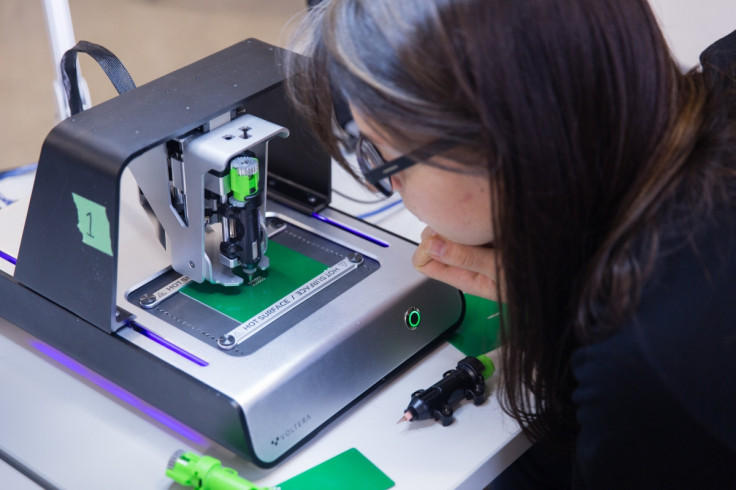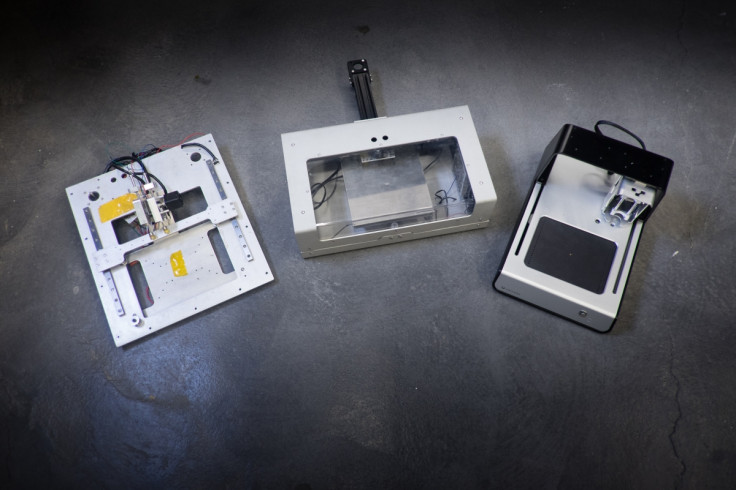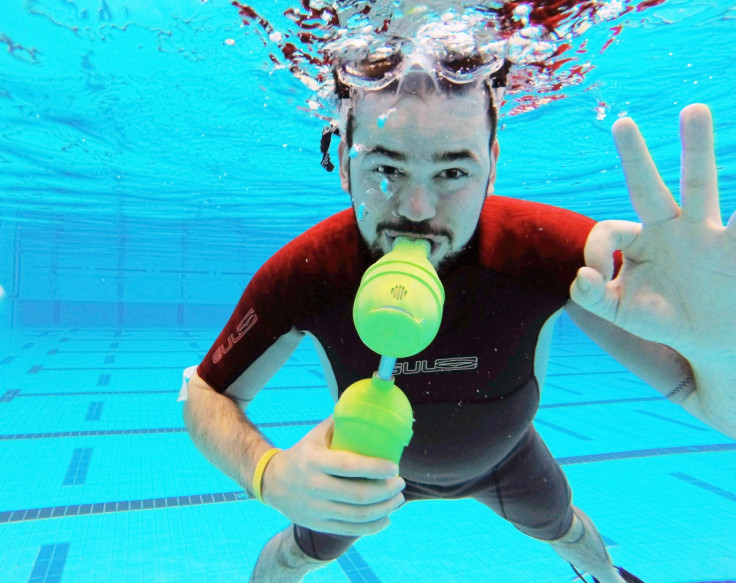James Dyson Award winners deliver innovation in electronics, ecology and scuba diving

The next-generation of talented engineers, designers and technological thinkers have showcased industry-changing concepts in the annual James Dyson Awards with a speedy circuit board printer taking home the £30,000 ($45,000) first prize. A pool of 90 entrants had been selected from competition in 20 countries to take part.
Voltera V-One is a laptop-sized printed circuit board printer that can knock out PCBs, which are integral components to smartphones and biomedical devices, within minutes. This is something that would normally take engineers time and money to create but this cuts out the process of having to send designs abroad to be manufactured.
With the Voltera V-One, an engineer can design a new circuit board and test it on a new product instantly. This could have a huge effect on the electronics industry as prototypes and new developments could come to market far quicker, cheaper and more efficiently.

The design came from the brains of engineering students at the University of Waterloo in Canada who were motivated to create the device after to speaking to experts who told them they were too ambitious and it was impossible to create an effective tool. ''We took that as a challenge!'' said co-founder Alroy Almeida. They certainly did. Now they are the recipients of a £30,000 cash prize from the James Dyson Awards so they can develop their idea further. The Voltera team launched the V-One on Kickstarter in early 2015 and has since raised $502,000.
But Voltera V-One isn't the only bright idea that gained recognition from the competition. The two runners-up are also grand designs of engineering.
James Dyson Award runner-up: Express Dive

Express Dive, from students at the University of Limerick, is a revolutionary solution to bulky scuba gear and rubbish snokels. The apparatus comprises of a drinks bottle-sized air tank that attaches to the mouth and thanks to a built-in battery it drives a compressor that stores the air. It overcomes the complexities of a scuba set-up by reducing the number of parts and heavy equipment needed to breathe underwater. It also blasts simple snorkels out-of-the-water as it allows users to dive at far greater depths.
The best part of it is the tank can simply be refilled by returning to the surface and holding down a button to fill up the one-litre tank. When the product comes to market it is expected to cost about £280.
James Dyson Award runner-up: Green Fairy

Staying with innovation in water is the other runner-up of the James Dyson Awards: Green Fairy. This idea aims to combat the damaging effect of algal blooms, which starve rivers of oxygen and sunlight killing fish and plant life in the process. Green Fairy uses a system of biodegradable beads that contain specifically bred microorganisms that consume the nutrients in the water that cause the algal blooms to thrive.
When there is no longer an excessive amount of nutrients in the water the microorganisms in the beads die. The design spawned out of Changhua University which found that the dumping of manure, pesticides, herbicides and washing detergent into water sources led to algal problems in rivers. The Green Fairy team managed to clean up by taking home £5,000.
© Copyright IBTimes 2025. All rights reserved.






















